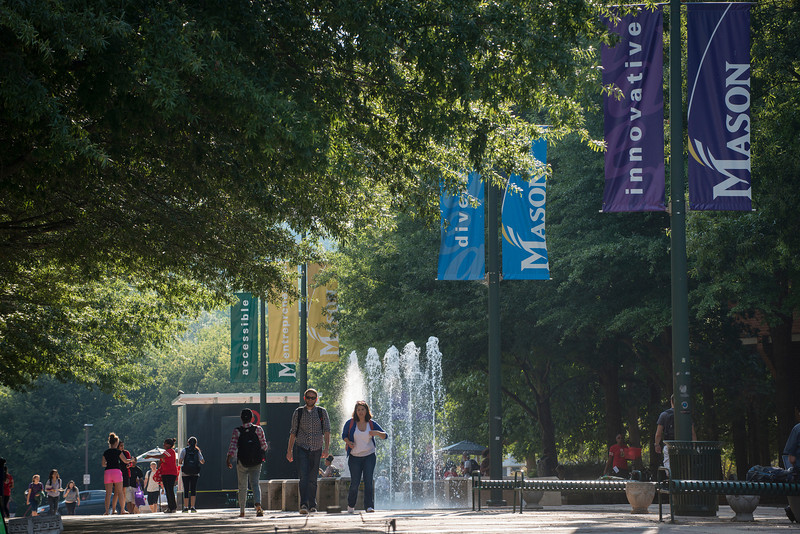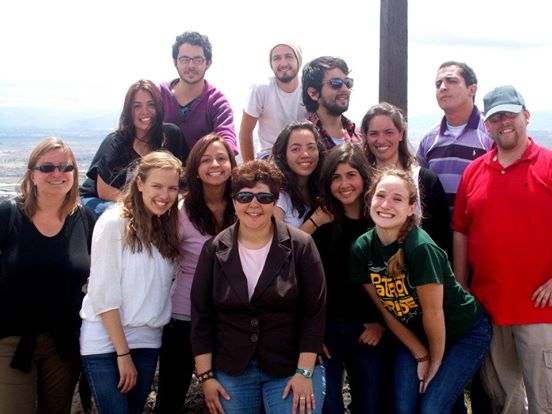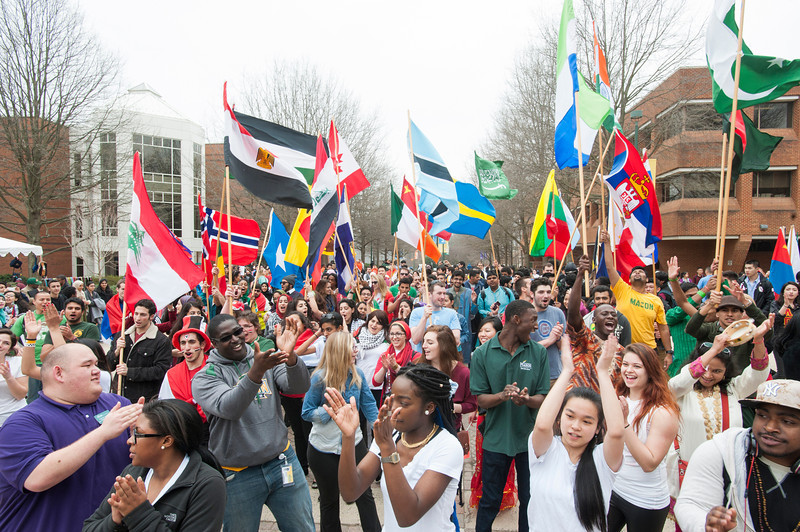Conflict Analysis and Resolution Undergraduate Program
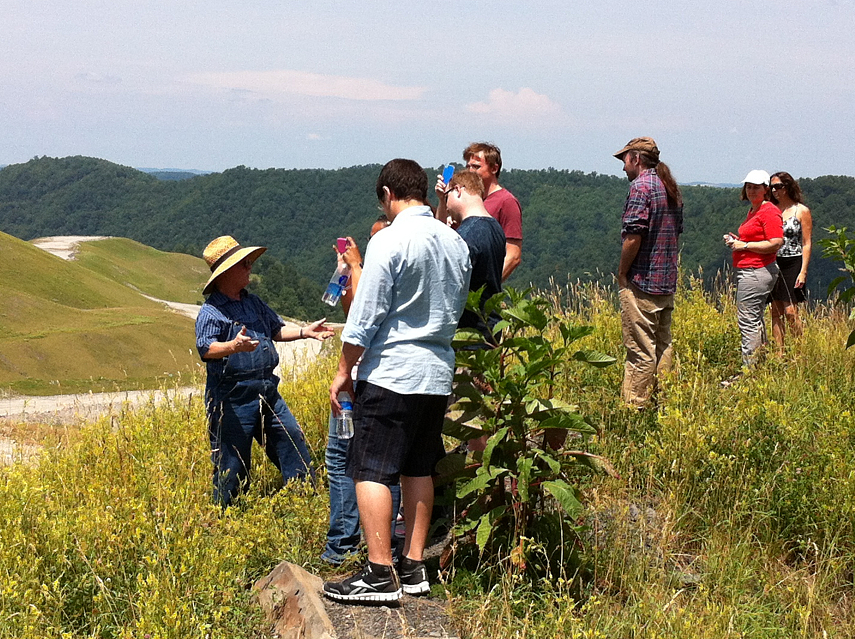
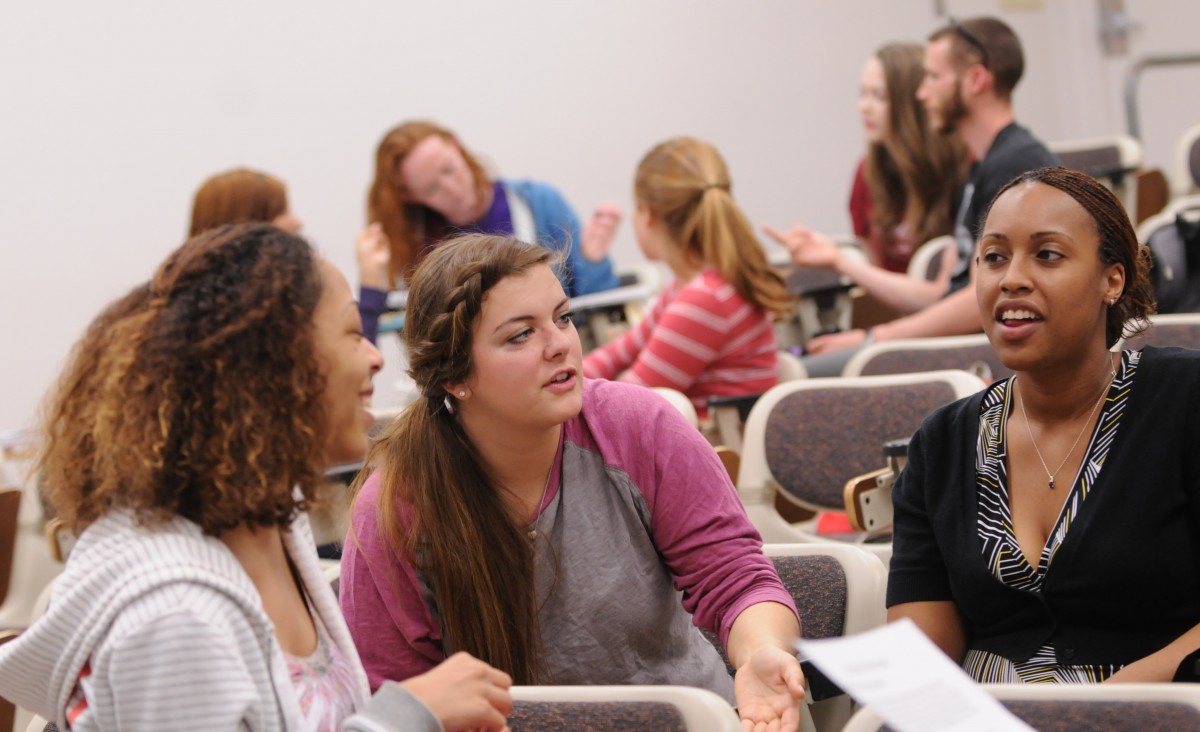
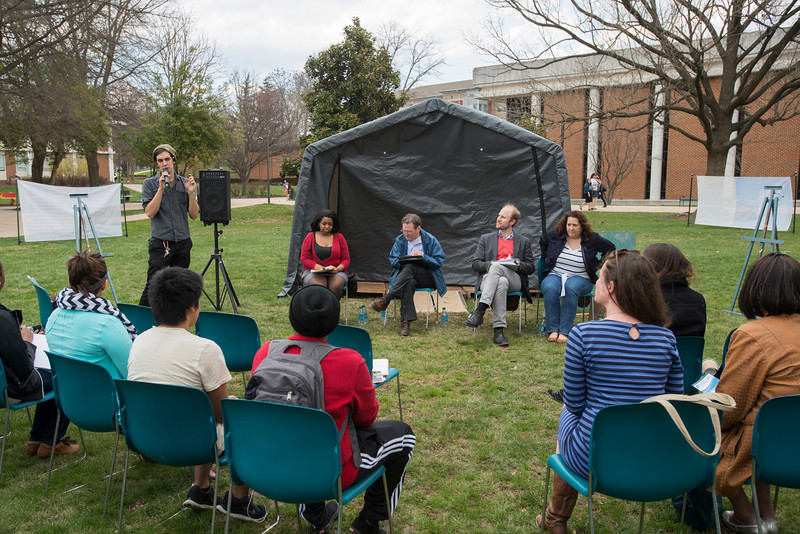
Conflict occurs in many contexts, from a vehement dispute between two individuals to a cycle of violence between ethnic groups. The School for Conflict Analysis and Resolution is committed to interrupting cycles of violence through rigorous academic programs and innovative work in the new, exciting, and developing field of conflict resolution. Students in the undergraduate program learn to address deep-rooted conflicts and work toward their resolutions at the interpersonal, community/organizational, and international level.
Our Undergraduate Program Offers:
- An interdisciplinary perspective with core and elective courses drawn from political science, sociology, psychology, history, anthropology, management, criminology, and other fields.
- Opportunities for practical application of coursework through co-curricular programs, internships, service learning, research projects, and study abroad.
- Excellent preparation for a broad range of careers, such as mediation and negotiation, law and criminal justice, community advocacy and development, human resources, international aid, development, and diplomacy.
- Individualized course plans that allow students the freedom to pursue their passions and interests.
- An ideal location for internships and a career. George Mason University’s proximity to Washington, D.C. provides students with the best of what the area has to offer.
- The experience of an established program built on more than 25 years of advancing theory and research and working for change.
Conflict analysis and resolution students take a series of core courses that provide a background in conflict theory, analysis, and conflict resolution skills. Required bridge courses cover conflict analysis and resolution at three levels: interpersonal conflict, community/organizational conflict, and global conflict. Students then select a concentration in either Building Peace in Divided Societies, Justice & Reconciliation, Global Engagement, Political & Social Action, Collaborative Leadership, or Interpersonal Dynamics. To fullfill their concentration, students choose courses from units throughout the university that relate to the concentration and their areas of interest, such as anthropology, communication, government, philosophy, psychology, management, sociology and the School for Integrative Studies. The major also requires three credits of field experience in the form of an internship, service learning opportunity, guided research project, or study abroad.
